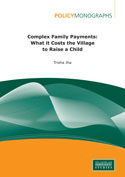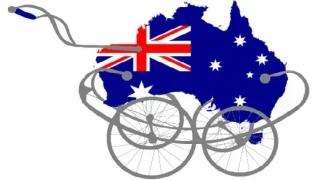
In 2013–14, $32 billion was spent on family payments, amounting to 7.7% of total federal expenditure in that year, and 22% of total federal spending on social security and welfare.
Family Tax Benefits (FTB) and child care fee assistance are the two areas in which spending is the most significant and, in the case of child care assistance, the most likely to grow rapidly if left unchecked. Over time, governments have attempted to shape policies that are all things to all people instead of reforming with a clear, unified set of purposes.
The way programs are designed and the way they overlap leads to perverse incentives that have a negative impact on workforce participation.
Withdrawal of Family Tax Benefits and the increase in personal income tax liability as someone earns more can conspire against families at certain income levels. When the significant cost of child care is added to this mix, some families and women in particular find themselves in circumstances where it pays for them to not work at capacity.
The costs of these disincentives are both short and long term; there are significant consequences for women’s income at retirement and their financial security more generally, especially in cases of divorce.
Instead of proposing expensive new schemes to mitigate these problems, this report outlines possibilities to fix the existing schemes to facilitate workforce participation.
Trisha Jha is a Policy Analyst with the Social Foundations Program at The Centre for Independent Studies. She holds a Bachelor of Arts (International Relations) from the Australian National University. Trisha has contributed to CIS publications Emergency Budget Repair Kit and Submission to the National Commission of Audit.











